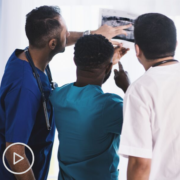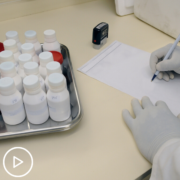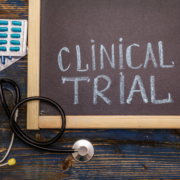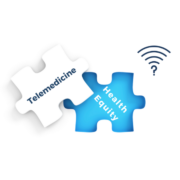Addressing Clinical Trial Misconceptions: The Facts
Addressing Clinical Trial Misconceptions: The Facts. from Patient Empowerment Network on Vimeo.
Dr. Irene Ghobrial, a myeloma specialist and researcher, dispels common myths associated with clinical trials, including a review of each phase of the clinical trial process.
Dr. Irene Ghobrial is Director of the Clinical Investigator Research Program at Dana-Farber Cancer Institute and Professor of Medicine at Harvard Medical School. Dr. Ghobrial specializes in multiple myeloma (MM) and Waldenström macroglobulinemia (WM), focusing on the precursor conditions of monoclonal gammopathy of undetermined significance (MGUS) and smoldering myeloma. More about this expert here.
See More From Fact of Fiction? Myeloma
Related Resources

|
Diagnosed with Myeloma? Why to See a Specialist and What to Expect |

Evolving Approaches to Myeloma Treatment: Staying Up-to-Date |
Transcript:
Patricia:
Sure. What about clinical trials? What common misconceptions do you hear from patients enrolling in trials?
Dr. Ghobrial:
There’s a lot of misconceptions, and it’s unfortunate. I would say I would absolutely go on a trial if I can. I’m a believer in clinical trials because they’re the way forward to bring in new therapies and new options. I think a lot of people think that we’re experimenting on them when we’re doing clinical trials, meaning that it’s first in human, meaning it’s the first time we try this drug, and I would say that most of our clinical trials are not first in human.
They’re not the very first time we’ve tried them. Likely, those are drugs we’ve tried, we know the side effects, we know the toxicity, but it’s the first time we’ve put it in a different combination or it’s the first time we’ve put it in a specific subset of patients to look at response or at overall survival.
Most of the trials – so, before you decide “Oh, it’s a trial,” just think – is this a phase 1, a phase 2, or a phase 3? Phase 1 are usually that first time that we try in a population. Phase 2 are usually we know already what happens, we know the toxicity, we’re bringing it to look at the response rate in general or the survival, and then, phase 3s are the bigger studies, going to the FDA for approval.
The second thing is you want to think about is there a placebo arm in it. Most of my patients really worry about “Oh my God, you’re gonna give me the placebo,” and I’m like, “No, we don’t have a placebo arm in this trial. You’re taking the drug that we tell you about.” So again, depending on the trial – read it carefully – there may be a placebo arm, but in most of them, it’s not a placebo arm.
So, I would personally go ask the doctor every time, “So, you’re talking about standard of care. What else do you have? Do you have clinical trial options or not? What’s new?” Almost every single new drug that we’re gonna get approved in the next 5-10 years from now is what we have today in clinical trials. It would be cool to try and get access to those earlier.
Patricia:
So, there’s a significant amount of vetting that goes on before clinical trials are actually in process on humans.
Dr. Ghobrial:
Oh, absolutely.











